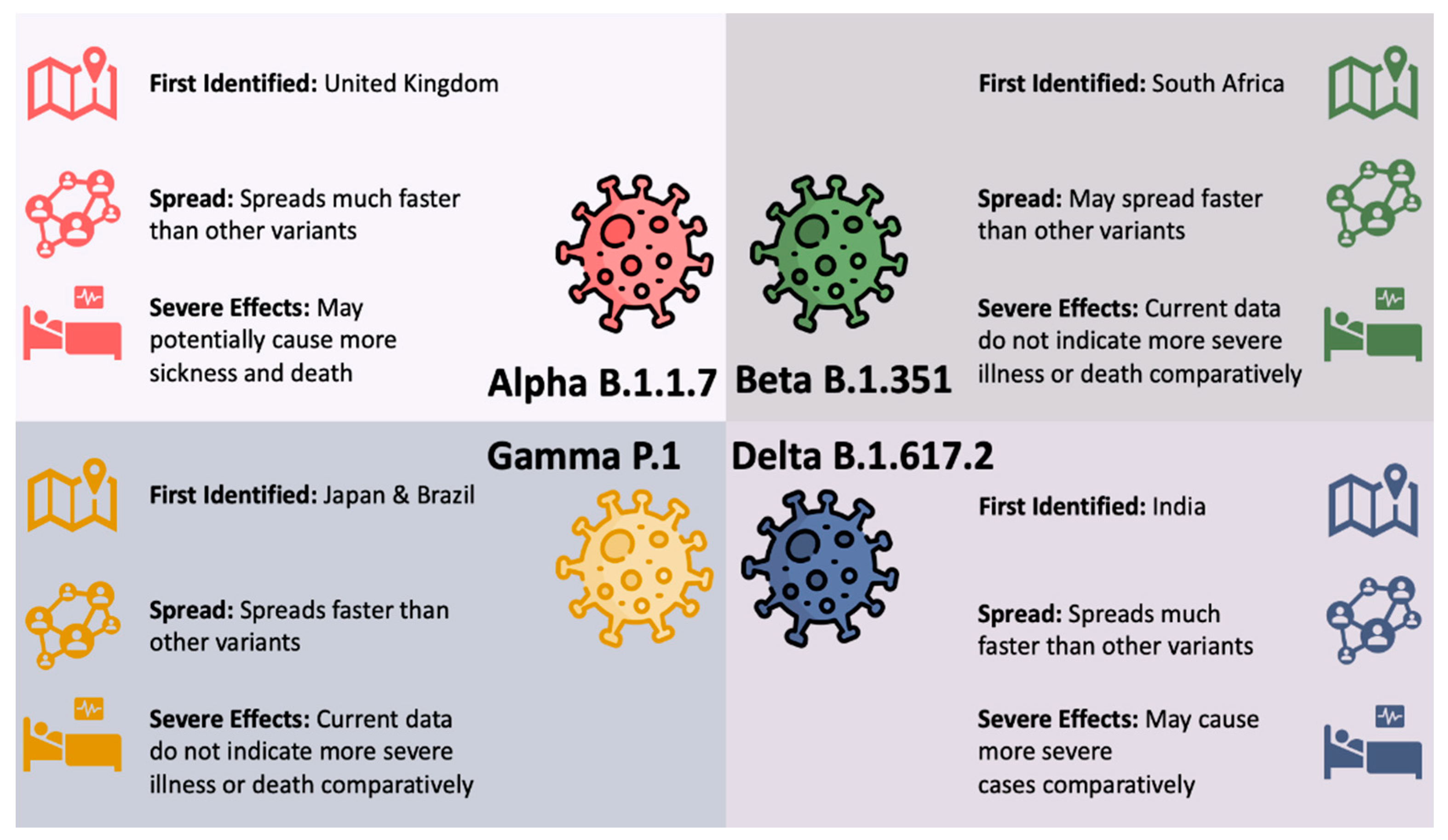Common Symptoms of COVID Variants

Covid variants symptoms – COVID-19, caused by the SARS-CoV-2 virus, has presented with a wide range of symptoms since its emergence. As the virus has evolved, several variants have emerged, each with its own distinct characteristics. These variants have exhibited variations in their symptom profiles, leading to differences in the clinical presentation of COVID-19.
The world is still reeling from the impact of COVID-19, with new variants emerging all the time. These variants can have different symptoms, making it difficult to know what to look for. If you’re a fan of NASCAR , you may be wondering how Ned Jarrett is doing.
The legendary driver has been battling COVID-19, and his symptoms have been severe. However, he is now on the mend and is expected to make a full recovery. As we continue to learn more about COVID-19, it’s important to stay informed about the latest symptoms and treatments.
Understanding the common symptoms associated with different COVID variants is crucial for accurate diagnosis, effective treatment, and appropriate public health measures. This content explores the most prevalent symptoms linked to various COVID variants, highlighting the variations and potential reasons behind these differences.
The Covid variants continue to throw new challenges our way, with each new strain bringing its own unique set of symptoms. While some may experience mild symptoms similar to the common cold, others may develop more severe complications. It’s important to stay informed about the latest variants and their symptoms so that you can take the necessary precautions to protect yourself and your loved ones.
If you’re looking for a sepia bride photographer to capture your special day, be sure to check out Dylan Gurney’s portfolio. His unique style and attention to detail will ensure that your wedding photos are timeless and cherished for years to come.
As the Covid variants continue to evolve, it’s more important than ever to stay vigilant and follow the latest health guidelines.
Most Common Symptoms
- Fever or chills
- Cough
- Shortness of breath or difficulty breathing
- Fatigue
- Muscle or body aches
- Headache
- New loss of taste or smell
- Sore throat
- Congestion or runny nose
- Nausea or vomiting
- Diarrhea
These symptoms are generally consistent across different COVID variants, although their severity and frequency may vary.
Variations in Symptoms, Covid variants symptoms
While the core symptoms remain largely the same, certain variants have been associated with additional or more pronounced symptoms. For instance, the Omicron variant has been linked to a higher prevalence of upper respiratory symptoms, such as sore throat, congestion, and runny nose, compared to previous variants.
Variations in symptoms can be attributed to several factors, including:
- Viral Mutations: Changes in the viral genome can impact the virus’s interaction with human cells, leading to variations in symptom presentation.
- Host Factors: Individual factors, such as age, underlying health conditions, and immune status, can influence the severity and type of symptoms experienced.
- Environmental Factors: External factors, such as exposure to pollutants or other environmental triggers, can interact with the virus and contribute to symptom variations.
Severity and Progression of COVID Variants: Covid Variants Symptoms

The severity and progression of COVID variants can vary significantly, with some variants causing more severe symptoms and leading to higher hospitalization and mortality rates. Factors such as age, underlying health conditions, and vaccination status can also influence the severity of the infection.
Hospitalization and Mortality Rates
- Different COVID variants have shown varying hospitalization and mortality rates. For example, the Alpha variant (B.1.1.7) was associated with a higher risk of hospitalization and death compared to the original strain.
- The Delta variant (B.1.617.2) was also found to be more transmissible and severe, leading to higher hospitalization and mortality rates, particularly among unvaccinated individuals.
- The Omicron variant (B.1.1.529), while highly transmissible, has generally been associated with milder symptoms and lower hospitalization and mortality rates compared to previous variants.
Factors Influencing Severity
Several factors can influence the severity of COVID variants, including:
- Age: Older adults are generally at higher risk of severe illness and complications from COVID-19.
- Underlying Health Conditions: Individuals with underlying health conditions, such as heart disease, lung disease, or diabetes, are more likely to experience severe COVID-19.
- Vaccination Status: Vaccination against COVID-19 has been shown to significantly reduce the risk of severe illness, hospitalization, and death, regardless of the variant.
Emerging COVID Variants and their Impact

The emergence of new COVID variants is a constant concern, as they can have significant implications for vaccine effectiveness, treatment strategies, and public health measures. Monitoring and identifying these variants is crucial to stay ahead of the pandemic and mitigate their impact.
Implications for Vaccine Effectiveness
New variants may exhibit mutations that affect their susceptibility to existing vaccines. Some variants have shown reduced vaccine efficacy, requiring updates to vaccine formulations or the development of new vaccines to maintain protection against the evolving virus.
Treatment Strategies
The emergence of new variants may also necessitate adjustments to treatment strategies. Different variants may respond differently to existing antiviral medications, necessitating research and development of new treatments that are effective against the emerging variants.
Public Health Measures
The emergence of new variants can impact public health measures, such as social distancing guidelines, mask mandates, and travel restrictions. Variants with increased transmissibility or virulence may require stricter measures to contain their spread and protect vulnerable populations.
Future Trajectory of the Pandemic
The emergence of new variants is a reminder that the pandemic is not over. The future trajectory of the pandemic will depend on the characteristics of emerging variants, the effectiveness of vaccines and treatments, and the implementation of appropriate public health measures. Continuous monitoring and adaptation are essential to navigate the evolving challenges posed by COVID-19.